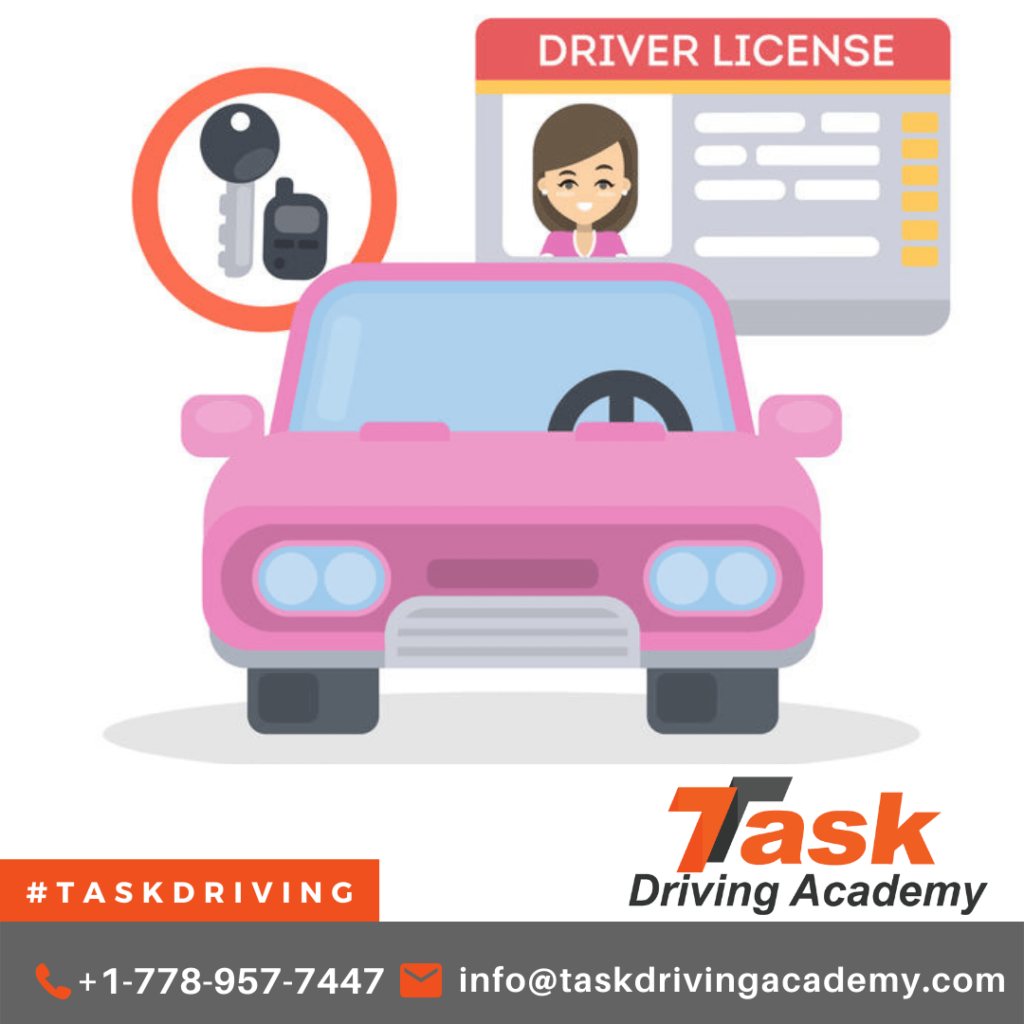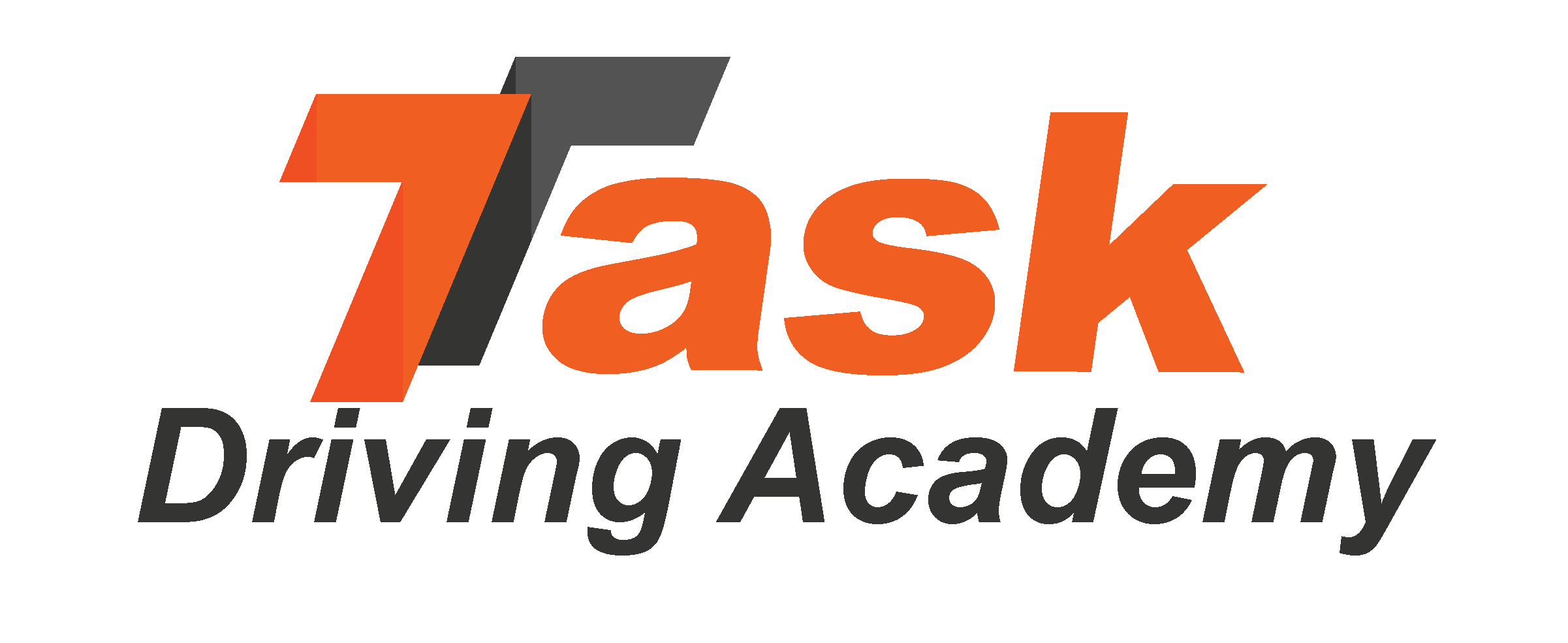Driving licenses in British Columbia are categorized into different classes, each with its specific requirements and privileges. Understanding these licenses and their requirements is essential for anyone aiming to drive in the province. This guide covers the various types of driving licenses in British Columbia, the requirements for each, and how taking driving lessons in Vancouver can help you meet these requirements.
Table of Contents
1. Class 7L (Learner’s License)
The first step for new drivers in British Columbia is obtaining a Class 7L Learner’s License.
- Eligibility: To be eligible, you must be at least 16 years old. If you’re under 19, you’ll need parental consent.
- Knowledge Test: Pass a written knowledge test that covers road signs, rules of the road, and safe driving practices.
- Vision Test: Pass a vision test to ensure you meet the required visual standards.
- Restrictions: With a Learner’s License, you must always be accompanied by a fully licensed driver (Class 1, 2, 3, 4, or 5) over 25 years old, and you must display an “L” sign on your vehicle. Driving is prohibited between midnight and 5 AM, and there are restrictions on the number of passengers and alcohol consumption.
2. Class 7 (Novice License)
After holding a Learner’s License for at least 12 months and passing the Class 7 road test, you can obtain a Class 7 Novice License.
- Road Test: Successfully complete the Class 7 road test, which evaluates your practical driving skills.
- Restrictions: Display an “N” sign on your vehicle. You are allowed only one passenger unless accompanied by a supervising driver over 25, and you must maintain a zero blood alcohol content level. No use of handheld electronic devices is allowed.
3. Class 5 (Full License)
The final stage for regular passenger vehicle licenses is the Class 5 Full License.
- Eligibility: After holding the Class 7 Novice License for at least 24 months without prohibitions, you can take the Class 5 road test.
- Road Test: Pass the Class 5 road test to demonstrate advanced driving skills.
- Privileges: With a Class 5 license, you can drive without the restrictions imposed on Learner and Novice licenses.

4. Professional Licenses: Classes 1 to 4
For those interested in driving professionally, ICBC offers several classes of commercial licenses.
Class 4 (Restricted and Unrestricted)
- Class 4 Restricted: Allows you to drive taxis, limousines, ambulances, and small buses with up to 25 passengers.
- Requirements: Must hold a Class 5 or 6 license and pass a Class 4 knowledge and road test. A medical exam is also required.
- Class 4 Unrestricted: Permits driving all vehicles allowed by a Class 4 Restricted license plus small school buses and special activity buses.
- Requirements: Similar to Class 4 Restricted, but the road test includes driving larger vehicles.
Class 3
- Eligibility: Allows you to drive trucks with more than two axles and tow vehicles. Suitable for those interested in driving large trucks.
- Requirements: Must hold a Class 5 license, pass a Class 3 knowledge and road test, and undergo a medical exam.
Class 2
- Eligibility: Permits driving buses, including school and transit buses.
- Requirements: Must hold a Class 5 license, pass the Class 2 knowledge and road test, and complete a medical exam.
Class 1
- Eligibility: The most comprehensive commercial license, allowing you to drive semi-trailer trucks and all other vehicles covered by lower classes.
- Requirements: Hold a Class 5 license, pass a Class 1 knowledge and road test, and undergo a medical exam.
5. Motorcycle Licenses: Class 6 and 8
Motorcycle enthusiasts have specific licensing requirements.
Class 8 (Learner’s)
- Eligibility: Must be at least 16 years old and pass a motorcycle knowledge test and vision test.
- Restrictions: Must be supervised by a Class 6 licensed driver and can only ride during daylight hours.
Class 6
- Eligibility: After holding a Class 8 license for at least 12 months, you can take the Class 6 road test.
- Requirements: Pass the road test to demonstrate your motorcycle riding skills.
How Driving Lessons in Vancouver Can Help
Taking driving lessons in Vancouver can significantly improve your chances of passing the required tests for any of these licenses.
- Professional Instruction: Qualified instructors can provide valuable insights and practical tips tailored to the driving conditions in Vancouver.
- Practice Tests: Many driving schools offer practice tests and simulated road test experiences, which can help reduce test anxiety and improve performance.
- Customized Lessons: Whether you are a novice driver or preparing for a commercial license, driving schools can customize lessons to focus on the specific skills you need to develop.
Conclusion
Understanding the different types of driving licenses in British Columbia and their requirements is crucial for anyone looking to drive legally in the province. Whether you’re a new driver starting with a Class 7L Learner’s License or aiming for a professional Class 1 license, knowing the steps and preparing adequately can make the process smoother. Enrolling in driving lessons in Vancouver can provide the guidance and practice needed to navigate these requirements successfully. Start your journey today by researching the best driving schools and scheduling your first lesson.
